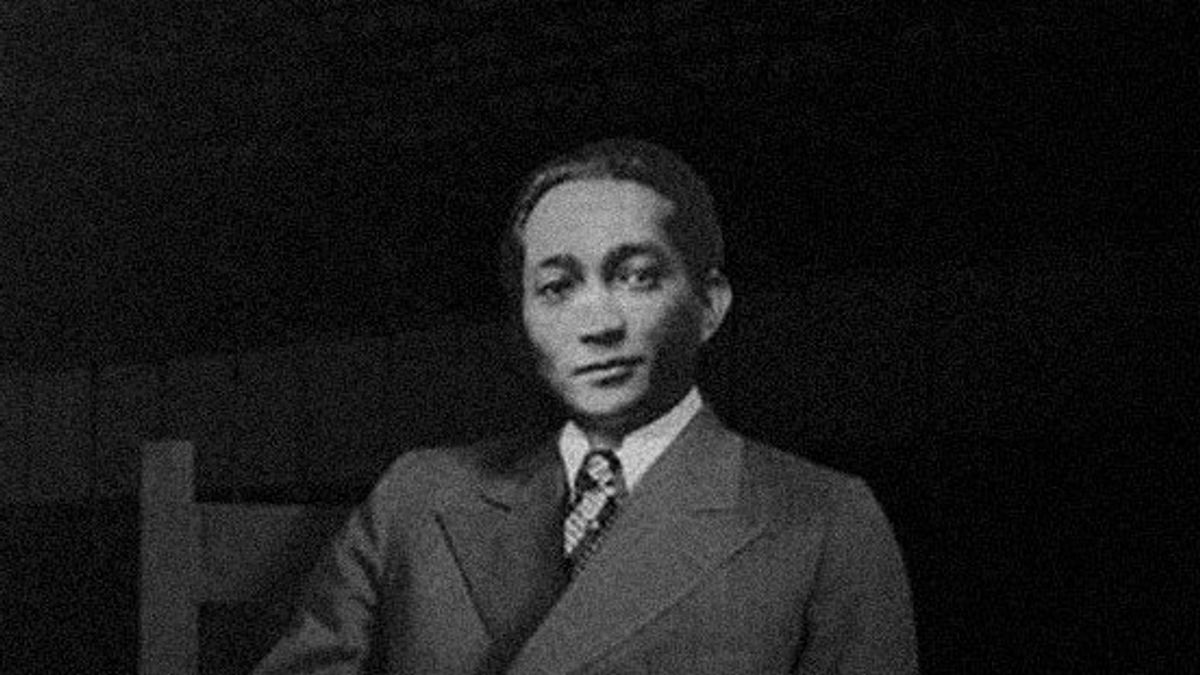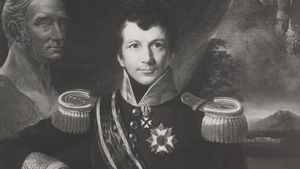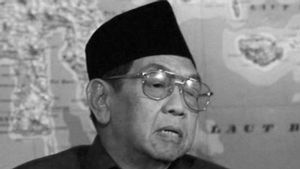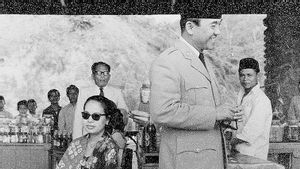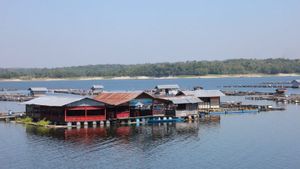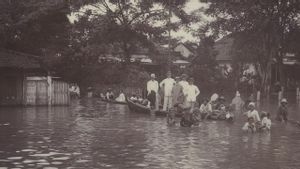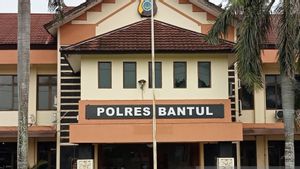JAKARTA - Football was considered an elite game in the Dutch colonial era. Only white people were allowed to play football properly. Bumiputras seem to have no access to playing football. Once played, the natives became the target of racist ridicule.
However, the natives -- especially the founders of the nation -- broke it. They used football as a tool against colonialism: the glue for unity. The narrative was even more complete when Soeratin Sosrosoegondo formed the Indonesian Football Association (PSSI).
A series of Indonesian nation's founders fall into the category of true football fans. Soekarno and Hatta especially. Both of them have been fond of football since they were still school children. This hobby made them witness first-hand the racism of the Dutch towards native people who played football.

Bumiputras who play ball are considered despicable. Moreover, football at that time was like a 'monopoly' for the Dutch. It was racism that made Soekarno and Hatta break the existing narrative. Both of them actually think that football is a space that can unite native peoples. A space to fight against racism and Dutch colonialism.
The Betawi figure, Mohammad Husni Thamrin and the Bumi Pasundan figure, Otto Iskandar Dinata, demonstrated resistance to the Dutch colonizers in football. They broke the narrative that "football is only for white people".
Both of them open wide access for natives to play soccer. Especially when the Netherlands did not give access to use his soccer practice field. A football field was also built. The move was a form of seriousness for both of them to look at football as a means of resistance.

"In the case of Persija and Persib there are actually interesting facts. The founders of their respective clubs, Muhammad Husni Thamrin at Persija and Otto Iskandar Dinata at Persib Bandung were friends. Both of them made football a means of struggle against Dutch colonialism.”
"The two clubs are two of the seven clubs that gave birth to PSSI. VIJ the name Persija used to be and Persib are twins in PSSI. Thamrin represents VIJ, while Otto represents Bandung football," said Lutjfie Febrianto in the book Luar Dalam Sepak Bola (2019).
Soeratin Founded PSSI
The enthusiasm of the natives to play soccer increased when local clubs began to stand up. Moreover, the power of establishment was strengthened by the presence of the Second Youth Congress on October 28, 1928, which gave birth to the Youth Pledge. With one blood, nation, and one language: Indonesia.
The Youth Pledge then became a trigger for the enthusiasm of native people to contribute – through any movement – to get rid of the shackles of colonialism. Soeratin Sosrosoegondo, for example. The engineer, who likes to play football, does not want to see football as just a 'monopoly' for white people.
He also wanted to create a container to cement the unity of the natives. Just as the Dutch and Chinese set up umbrellas to house their respective ethnic clubs. Instead, Soeratin thought about uniting all native football clubs under one umbrella.

He visited the top officials of Bumiputra football clubs throughout the country. From VIJ to Soerabajashe Indonesische Voetbal Bond (SIVB). He got this access from his colleagues who participated in the movement to liberate the Indonesian nation. The results are awesome. Soeratin was able to gather all the officials/representatives of the Bumiputra football club to hold a congress in Yogyakarta, on April 19, 1930.
The meeting resulted in a valuable decision. An Indonesian football forum was born. Indonesian Seloeroeh Football Association (PSSI), its name. Soeratin was asked to become the first chairman of PSSI.
PSSI also emerged as a breaker for the Dutch domination of football in the Dutch East Indies (now: Indonesia). Finally, the new PSSI completely changed its name to the Indonesian Football Association in 1950.

"From the bit of the story above, we can conclude that PSSI itself was originally founded as a unifying tool and struggle to fight the invaders. Namely as a form of resistance against discrimination perpetrated by the Nederlandsch Indische Voetbal Unie (NIVU) belonging to the Dutch people, and also the Hwa Nan Voetbal Bond (HNVB) belonging to ethnic Chinese, against indigenous youths in terms of playing football."
"Besides that, PSSI is also used as a means of fostering a sense of nationalism among youth. The goal is to fight for the nation and country they love," explained the famous Indonesian footballer, Bambang Pamungkas in the book Bepe20 Pride (2014).
SEE ALSO:
The English, Chinese, Japanese, Arabic, and French versions are automatically generated by the AI. So there may still be inaccuracies in translating, please always see Indonesian as our main language. (system supported by DigitalSiber.id)
